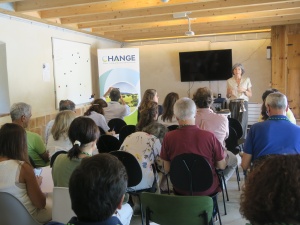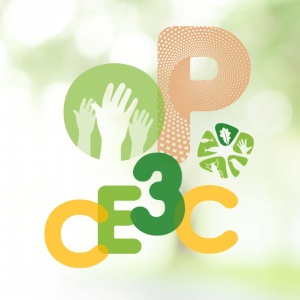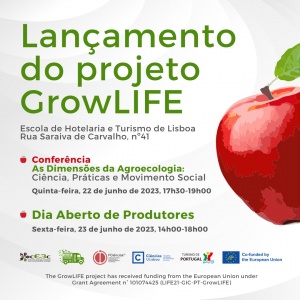Bringing key scientific innovations of climate emulator development to end users, the PROVIDE project allows for a risk focused perspective focused on threshold exceedance, linking global emission pathways to regional sectoral impacts and urban climate risk projections. This will allow for an explicit assessment of risks of exceeding adaptation limits into adaptation planning and inform necessary responses both in terms of local adaptation and global mitigation efforts. With its unique, multi-scenario setup, PROVIDE will allow to assess the unavoidable risks for threshold exceedance under any emission scenario, the avoidable risk by stringent mitigation in line with the Paris Agreement, and the reversible or irreversible risk beyond peak warming under overshoot scenarios. PROVIDE will assess risks of high-end global warming for sectoral impacts and potential irreversible impacts of overshoots including for sea level rise, permafrost loss, glacier loss and terrestrial and marine species.
The interdisciplinary PROVIDE consortium is uniquely placed to advance knowledge on overshoot impacts and adaptation needs as well as to ensure that these findings will directly enhance climate services and inform adaptation action. It combines internationally recognised scientific excellence including experts that have served as lead authors in recent IPCC reports (ETH, UEA, UBERN, CA, IMP, HU, CEA, UBC). This scientific excellence in climate science is brought together with leading adaptation experts including on regional strategies and adaptation costing approaches (FC.ID, CICERO, ETH), on urban modelling and planning (VITO, BUUR), as well as comprehensive climate services and stakeholder engagement expertise (CA, VITO, CICERO, FC.ID, NRI). The participation of non-EU partners is of central importance to ensure the generalisability of the developed models and tools. Weather and Climate Services (Pakistan) are responsible for carrying out regional hydrological modelling/simulations over the region of the Upper Indus Basin (IR3) using a semi-distributed watershed model. The team from the University of British Columbia (Canada) has an outstanding expertise in the assessment of overshoot impacts on marine fish stocks and fisheries.
Find more info about the project here






